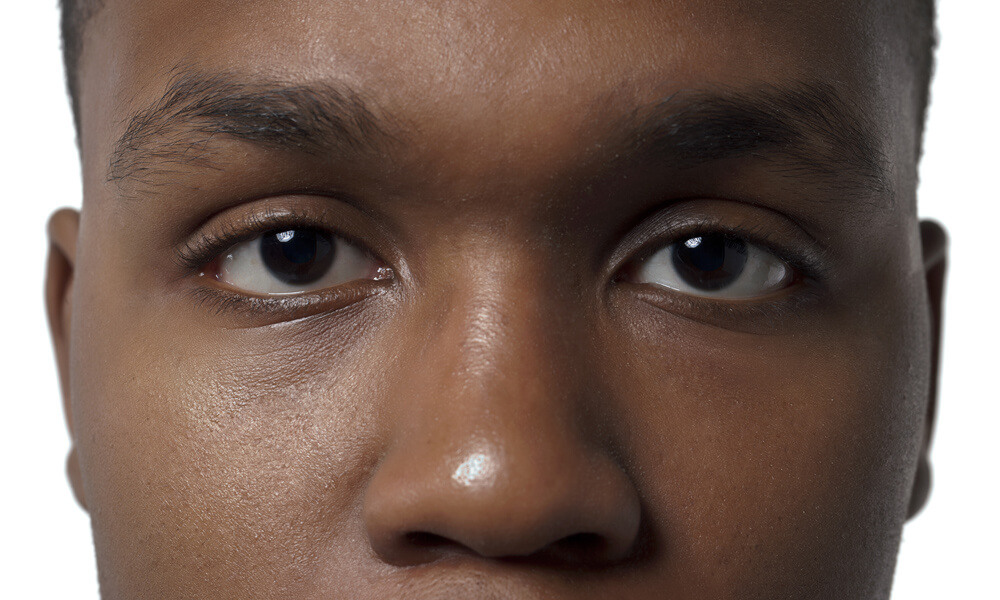Check out this link for some information on developing emotional intelligence, which includes skills like being aware of your own emotions as well as understanding how others are feeling.


Check out this link for some information on developing emotional intelligence, which includes skills like being aware of your own emotions as well as understanding how others are feeling.

Notable science fiction author Ursula K. Le Guin wrote a novella about a far-off world that reflects the history of racism and colonization on our own planet. Click here to see graphic novelist Ben Passmore’s rendering of this story.

Coco Gauff—the youngest player ranked in the top 100 by the Women’s Tennis Association—says we are all responsible for the fight against racism.

Studies find that Americans increasingly segregate themselves, living and working mostly with people from similar backgrounds who hold similar beliefs. However, Twitter serves as a powerful tool for bringing together very different people and allowing them to share diverse viewpoints.

It’s popular to say that Americans are more politically polarized now than they have been in years. But we can band together to tackle the problems we all agree exist.

A journalist reflects on the relationship she formed with a woman finding hope even in turmoil.

Freedom of speech includes both rights and responsibilities. Find out how the First Amendment applies to students at this non-profit site.

Want to know what you can do to make new friends and keep the ones you already have? Read this article for some expert advice.

Public figures often tout their constitutional freedom of speech to defend their statements. As with any right, though, the freedom of speech includes certain guidelines and limits. The United States Courts spell out what the law says about this essential American right.

Every teen is in the process of establishing a unique identity, but things are more complicated for identical twins. This blog written by a twin discusses the challenges he and other identical twins face in differentiating themselves from the person closest to them.

It may be easier to have a conversation with someone who already agrees with you, but it’s better for your brain to talk with—and listen to—someone who disagrees with you. In this article, Art Markman, Ph.D., a cognitive scientist at the University of Texas, discusses the practical applications of psychological research on disagreement.

In July of 2019, the American Academy of Pediatrics issued a policy statement warning that racism has a negative impact on the overall health of children and adolescents. Click this link to learn more.

Groups of people can often be stereotyped, but what does that really mean and how does is affect us?

Anna Landre explains how the narratives surrounding disabled people need to change and shares her own story.

It’s easy to fall into the trap of seeing the world as “us” vs. “them.” However, it’s much more constructive to take a step back and see how much “they” really are like “us.” A psychology professor provides some background and tips for avoiding bias.

What does it mean to be human? In this opinion piece, artist Ai Weiwei stresses the importance of asking ourselves this question. He believes it is crucial for people to examine and re-examine who they are in a rapidly changing world.

Shirley Jackson, author of “The Lottery,” was largely overlooked by critics during her lifetime because she was viewed only as a horror writer. According to this article, she is finally being recognized as an important figure in American literature.

This article remembers the life and literary accomplishments of science fiction writer Ursula K. Le Guin, author of “The Wife’s Story,” who learned from her father the importance of being curious about others who are different from ourselves.

One negative effect of social media, at least for many people, is having the feeling that others are living better lives than they are. This article takes a deeper look at this phenomenon, known as the fear of missing out.

The author of this article describes his personal experience with racism and explains what he has learned from it.